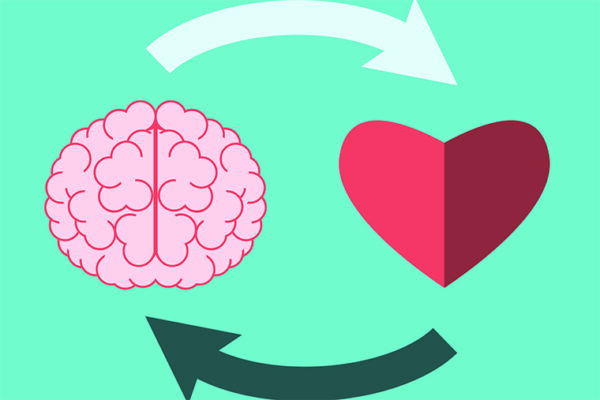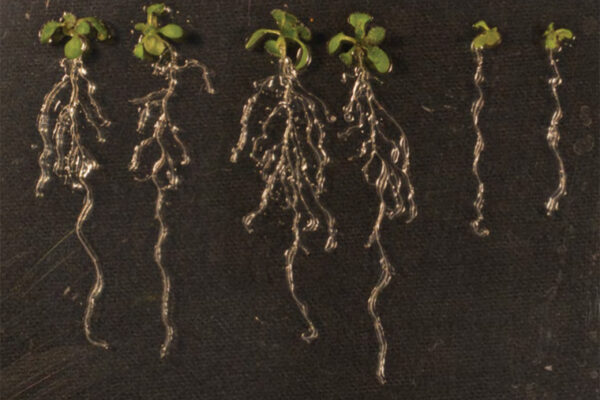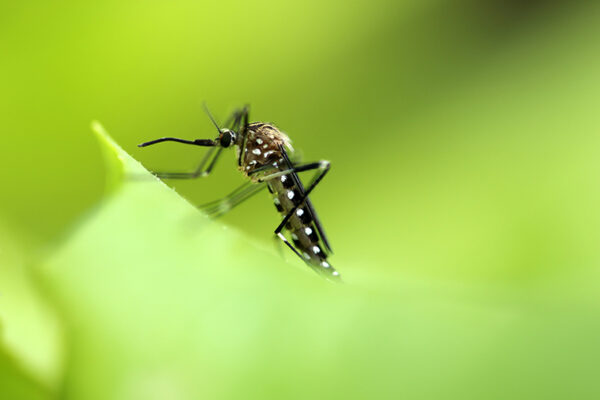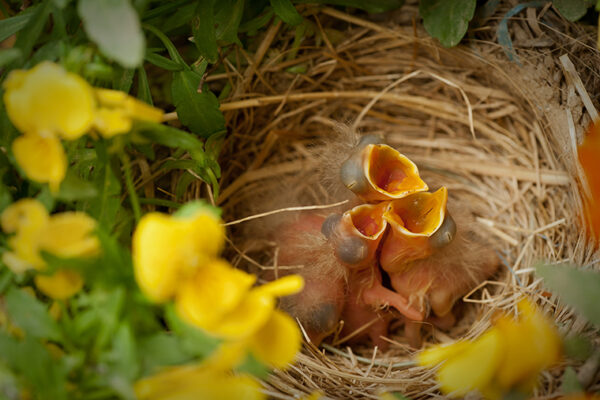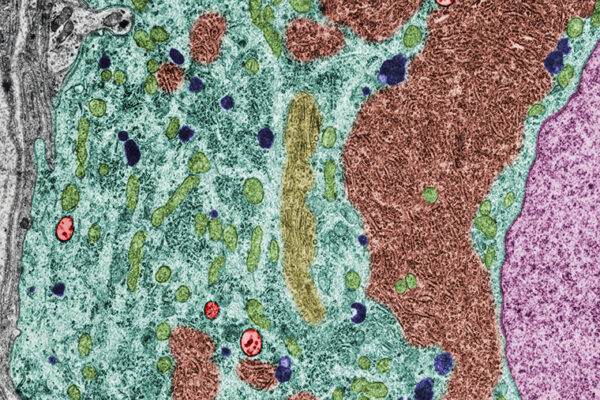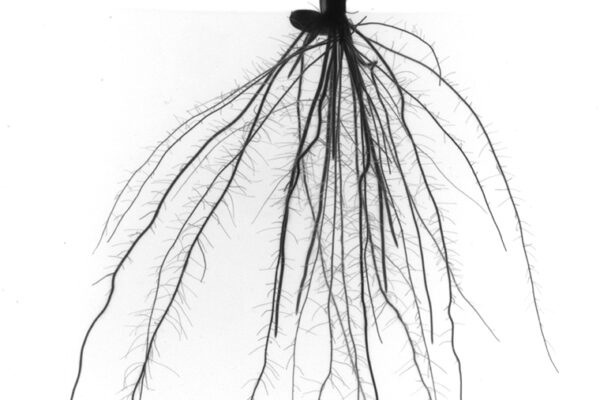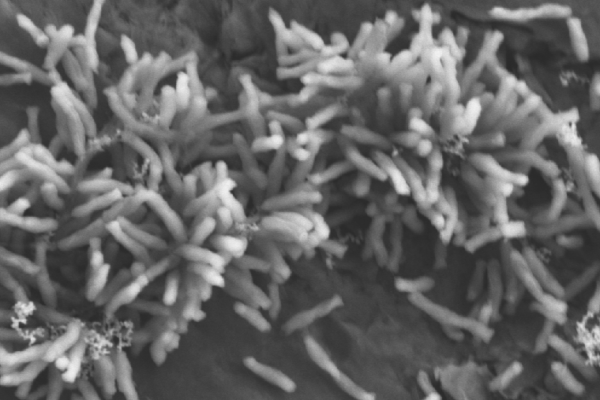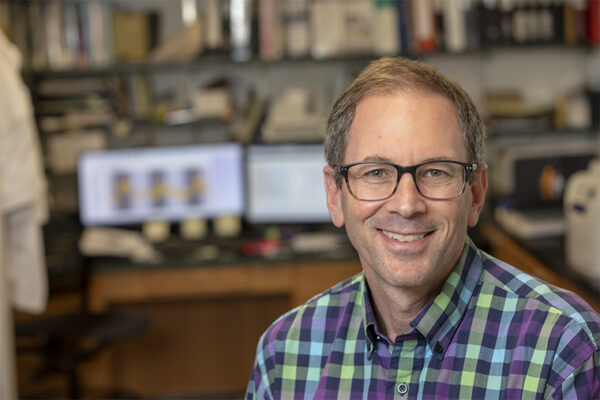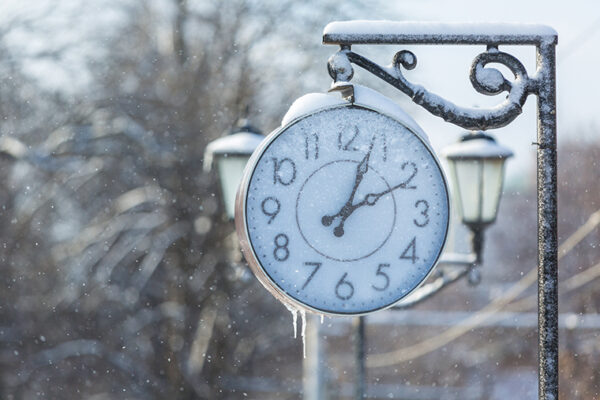Rethinking seizures associated with cardiac disease
Research from Washington University in St. Louis finds that mutations of a gene implicated in long QT syndrome in humans may trigger seizures because of their direct effects on certain classes of neurons in the brain — independent from what the genetic mutations do to heart function. The new work from Arts & Sciences was conducted with fruit flies and is published August 8 in PLOS Genetics.
Putting the brakes on lateral root development
Biologist Lucia Strader in Arts & Sciences discovered a cellular transporter that links two of the most powerful hormones in plant development — auxin and cytokinin — and shows how they regulate root initiation and progression. Understanding why and how plants make different types of root architectures can help develop plants that better cope with distinct soil conditions and environments.
A tale of two skeeters
A native mosquito in Missouri has fewer parasites when it shares its waters with an interloper, according to new research from biologists at Tyson Research Center, the environmental field station for Washington University in St. Louis.
The kids are alright
A new study reveals the surprising way that family quarrels in seeds drive rapid evolution. Conflict over resources seems to play a special role in the development of certain seed tissues, according to Washington University in St. Louis research led by David Queller and Joan Strassmann in Arts & Sciences.
Creating sustainable bioplastics from electricity-eating microbes
Researchers in Arts & Sciences at Washington University in St. Louis have figured out how to feed electricity to microbes to grow truly green, biodegradable plastic, as reported in the Journal of Industrial Microbiology and Biotechnology.
Tidying up: A new way to direct trash to autophagy
Marie Kondo herself couldn’t do it any better. Now researchers at Washington University in St. Louis have uncovered a previously unknown structural feature of living cells that is critical to tidying up.
Rusted root: Weedy rice repeatedly evolves ‘cheater’ root traits
Researchers led by Kenneth M. Olsen in Arts & Sciences used a new imaging technique to reveal a takeover strategy that has worked for weedy rice over and over again: roots that minimize below-ground contact with other plants.
How electricity-eating microbes use electrons to fix carbon dioxide
Led by Arpita Bose, assistant professor of biology in Arts & Sciences, a Washington University team showed how an electricity-eating microbe takes up electrons from conductive substances like metal oxides or rust to reduce carbon dioxide. The work is described in the journal Nature Communications.
Washington People: Erik Herzog
Erik Herzog, professor of biology in Arts & Sciences, studies the molecules, cells and circuits of mammalian circadian timing. He also supports and encourages younger neuroscience researchers, from elementary school all the way through doctoral programs.
WashU Expert: The eternal sunshine of perennial ‘wintertime’
The movement to abolish clock-time changes each spring and fall is growing — and so is the scientific evidence. Experts say perennial standard time, or “wintertime,” is the best and safest option for public health.
Older Stories
